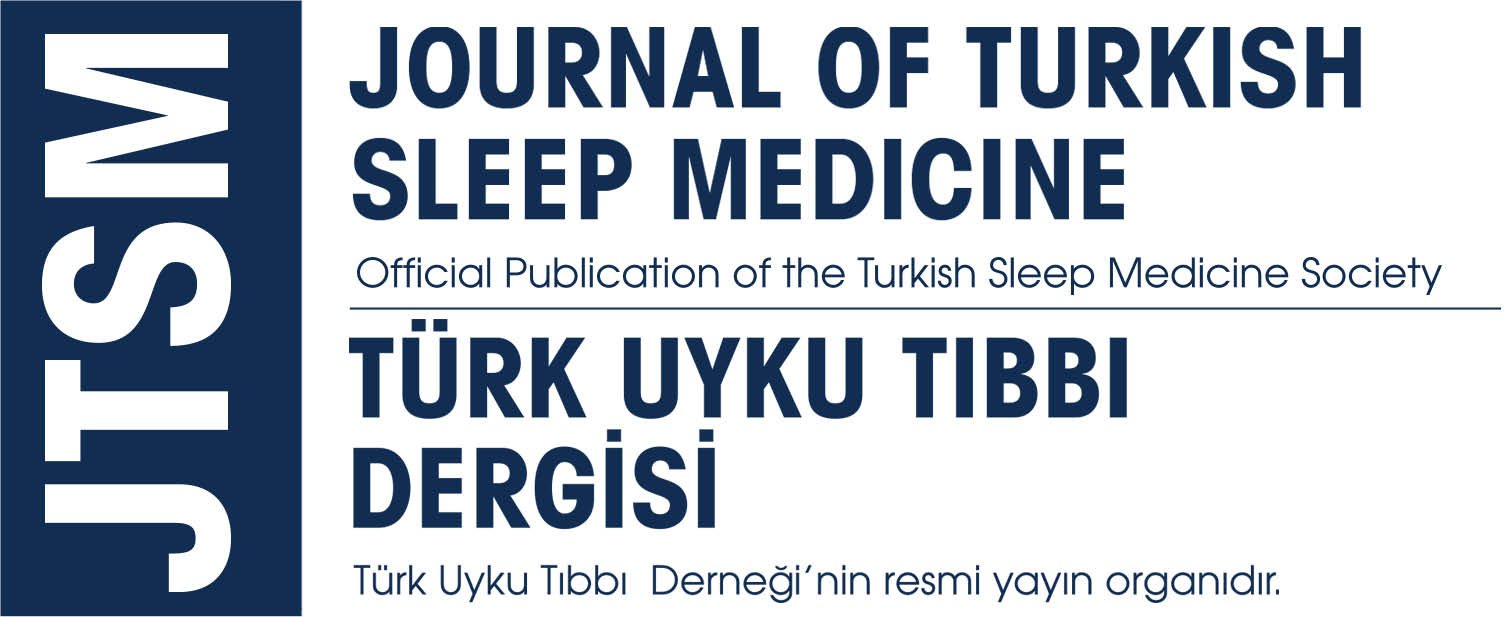ÖZET
Amaç:
Bu çalışmanın amacı tıp fakültesi öğrencilerinde kafein kullanımı ile depresyon, anksiyete, stres düzeyi ve uyku kalitesi arasındaki ilişkinin incelenmesidir.
Gereç ve Yöntem:
Kesitsel tipteki bu çalışma 1 Mart 2022-15 Nisan 2022 tarihleri arasında toplamda 700 tıp fakültesi öğrencisiyle yüz yüze anket uygulanarak yürütülmüştür. Çalışmaya katılan öğrencilere sosyodemografik veri formu, Depresyon Anksiyete Stres Ölçeği-21 ve Pitsburg Uyku Kalitesi İndeksi anketleri uygulanmıştır.
Bulgular:
Son bir ay içerisinde tıp fakültesi öğrencilerinin %80’inden fazlasının çay, kafein içeren katı gıdalar ve kahve olarak kafein tükettiği görüldü. Kadın cinsiyet, artan yaş, sınıf düzeyi, sigara kullanımı, ailenin gelir düzeyi ve yaşanılan yer, öğrencilerin kafein kullanımını etkileyen faktörlerdi. Artan depresyon puanının kafein tüketimi üzerinde anlamlı bir etkisi yoktu. Fakat anksiyete ve stres puanı yüksek olanlarda kafein tüketiminin arttığı görüldü. Tıp fakültesi öğrencilerinin üçte ikisinden fazlası kötü uyku kalitesine sahipti ve uyku kalitesi kötüleştikçe öğrencilerin kafein kullanımı artmaktaydı.
Sonuç:
Tıp öğrencilerine anksiyete ve stresle baş etmek ve uyku kalitesini iyileştirmek için artan kafein tüketimi yerine başka alternatifler sunmak gerektiğini düşünmekteyiz.



